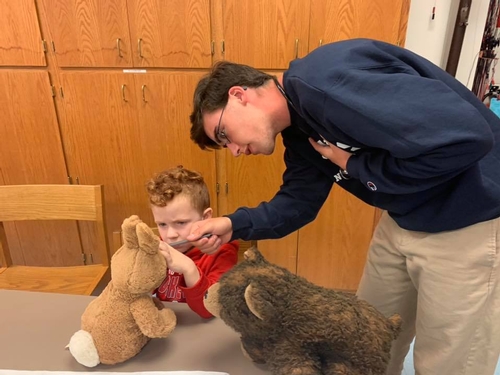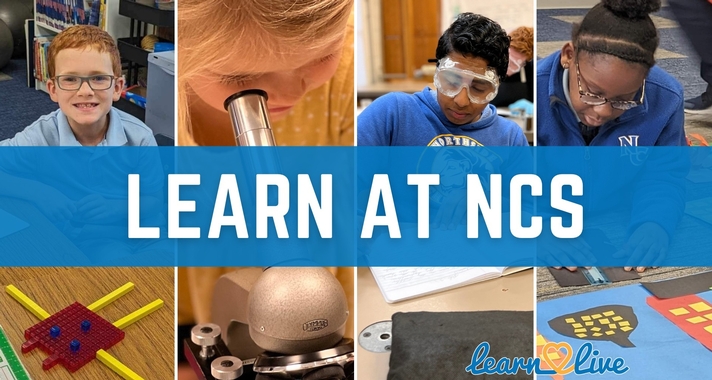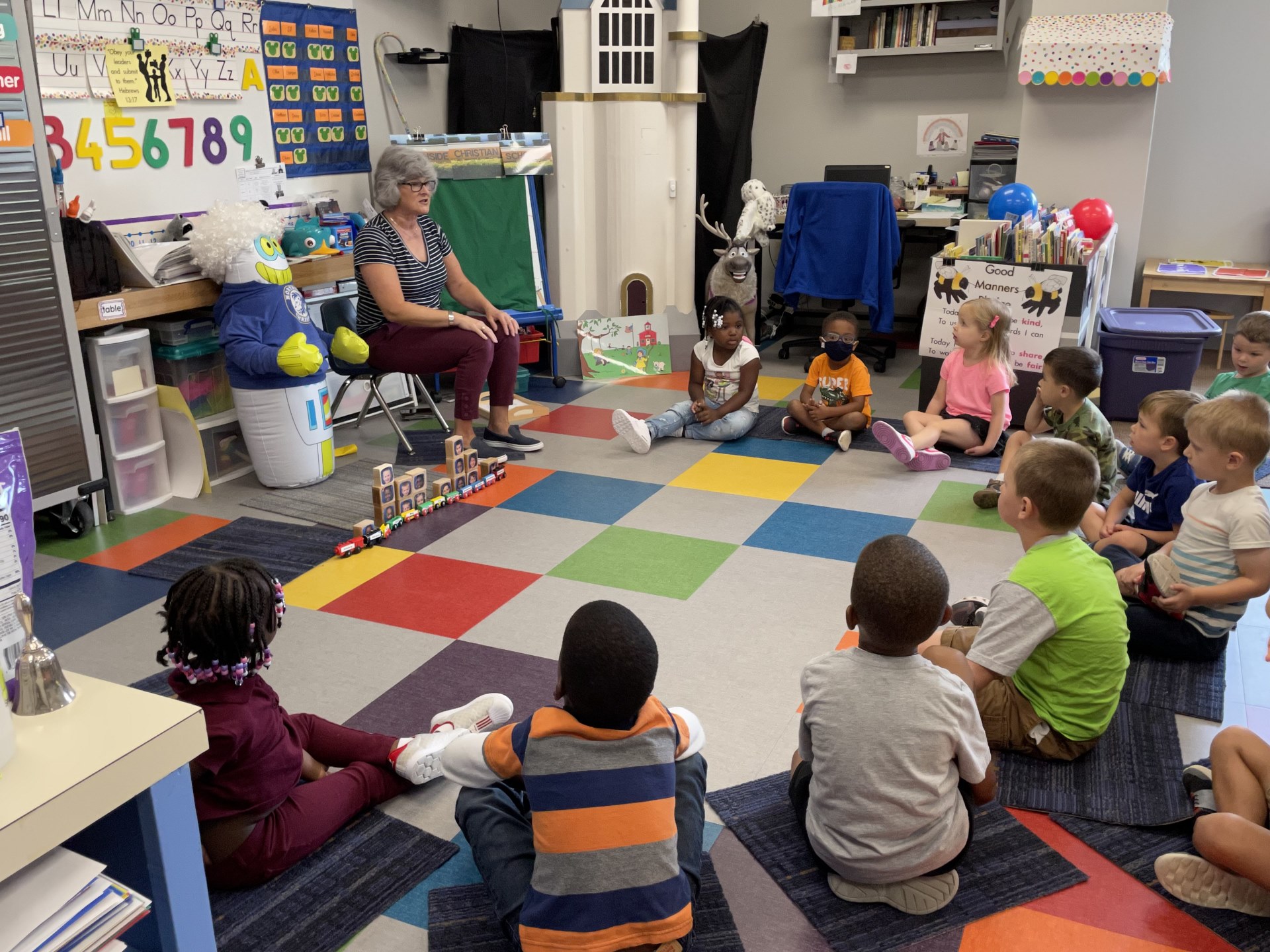How do you distinguish a great preschool program from a good one?
Preschool students play and learn by exploring their environment, while developing gross and fine motor skills. In a great preschool, this is more than just play. The play times follow a specific learning plan for all children.
In a great preschool, you won’t just see desks and chairs, paper and pencils. You can expect to find a variety of materials that are used for tactile learning. Beans, blocks, even shaving cream!
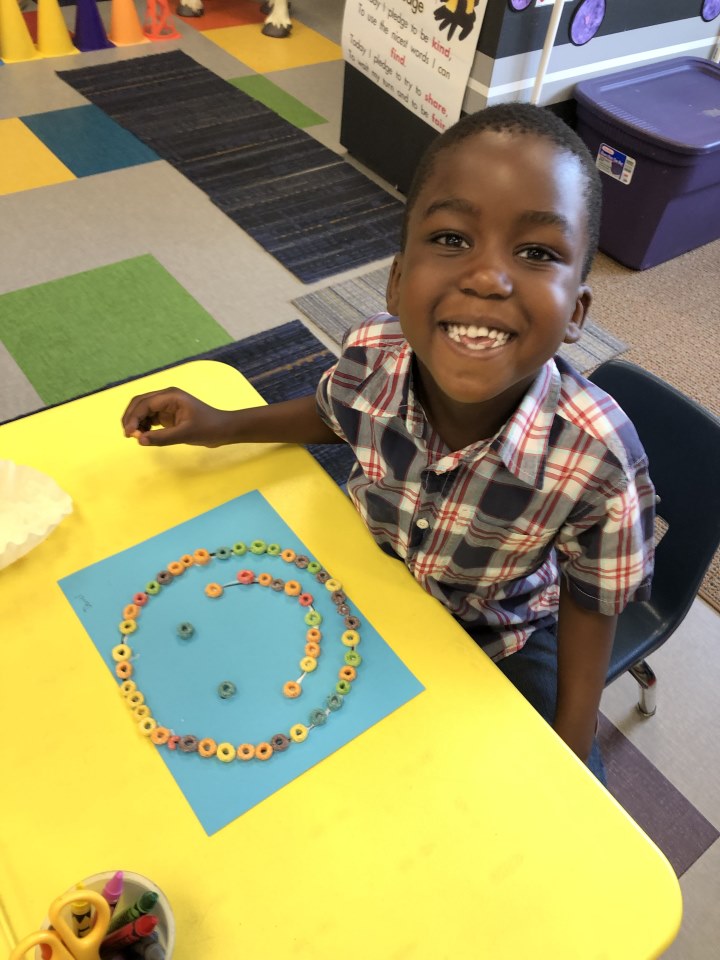
Students achieve pre-reading and early reading skills, such as recognizing letters everywhere and knowing that each letter makes its own sounds. In a great preschool program, children will be prepared to learn to read. When the teacher reads to students, she is expanding their vocabulary and giving them opportunities to see how words on a printed page come to life. The students will develop their own storytelling capability and gain an enjoyment of reading before they are able to read on their own.
Group activities promote teamwork. Students learn social skills like getting along with others, working together, and taking turns. In a great preschool, you will see these skills being developed in a guided and intentional way.
A good preschool program will have many opportunities for students to follow directions. Strictly teacher-directed projects will produce very similar results from all students. Great preschool programs produce unique student work, like the 100 days of school projects our Pre-K students complete each year.
In a great preschool, students will learn to listen, so that for the rest of their schooling years they will be able to listen to learn. Jim Trelease, author of The Read Aloud Handbook, says, “You have to have listening comprehension before you can have reading comprehension.” A great preschool uses stories about a variety of subjects to introduce children to vocabulary they would not encounter in their everyday lives — like dinosaurs, deserts, and dolphins. Read more about how you can prepare your child for preschool by reading at home.
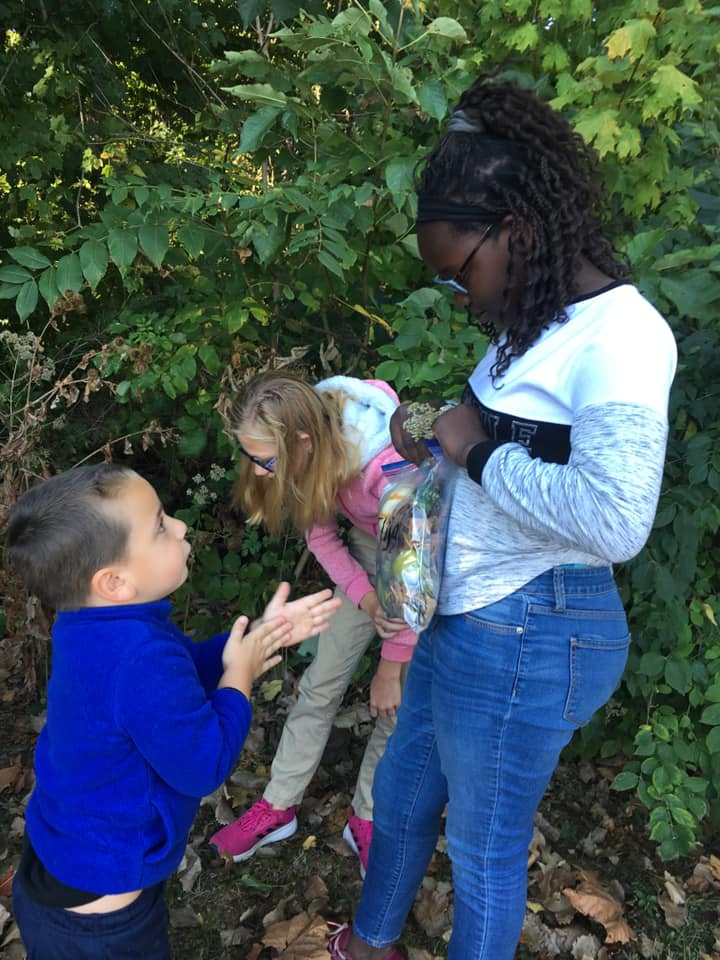
The Northside Christian School philosophy of early childhood is to build a foundation that will support and facilitate the learning process of the whole child so that they may develop in all areas — mentally, physically, spiritually, socially, and emotionally. (Luke 2:52)
We believe that learning takes place through circle time discussions, action rhymes and poems, dramatizations, creative movement, counting, sorting, sequencing, observation skills, eye-hand coordination and prewriting activities, sensory and language experiences, vocabulary expansion in directional terms, picture reading, purposeful play in the classroom and playground interactions. There are many special supplemental activities throughout the year to reinforce curriculum such as: Pet Adoption Day which includes a visit to the Pet Vet Clinic run by our Senior science students, a fall hike on school grounds with our 6th grade buddies, a trip to the pumpkin patch, Thanksgiving friendship feast with combined Pre-K and Kindergarten friends, 10 pin bowling, Henry the Hand visit, 100 days of school celebration, wonderful weather with our senior science buddies, Peter Rabbit Day, and trips to Lynd's apple orchard, Westerville Library, Westerville post office, and a Fire station, to name a few.
A sure sign that a preschool teacher is special is when children want to hug her and be near her without any prompting. Children have great instincts!
Call (614) 882-1493 today to schedule your visit to observe a preschool class. If you would like us to contact you with more information, please fill out our Prospective Student Form.
